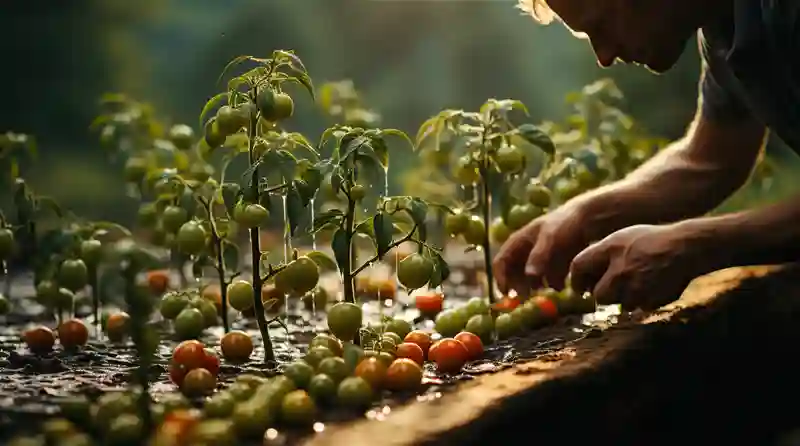Producing while preserving natural resources is an indispensable necessity that is becoming increasingly important in today’s world to leave a livable planet for future generations. In this context, sustainable agriculture is not only aimed at increasing agricultural production but also represents a holistic approach that prioritizes the protection of soil, water, air, and biodiversity.
Sustainable agriculture ensures the efficient and balanced use of natural resources by minimizing environmental impacts. Through conscious and controlled use of chemical fertilizers and pesticides, prevention of soil erosion, and economical use of water resources, production can be carried out without harming the environment. In this way, ecosystems are protected, and the long-term welfare of farmers is secured.
At the same time, sustainable agriculture aims to economically support producers and empower them socially. Improving agricultural technologies and methods, sharing knowledge, and educating farmers raise awareness, increase productivity, and prevent the depletion of natural resources. In this way, it ensures the security of both today’s and tomorrow’s agriculture, contributing to food security.
In conclusion, production that preserves natural resources is a critical step not only for environmental sustainability but also for the sustainability of society and the economy. If we want to leave a healthy and livable world for future generations, sustainable agriculture must be embraced not as a choice, but as a necessity.



